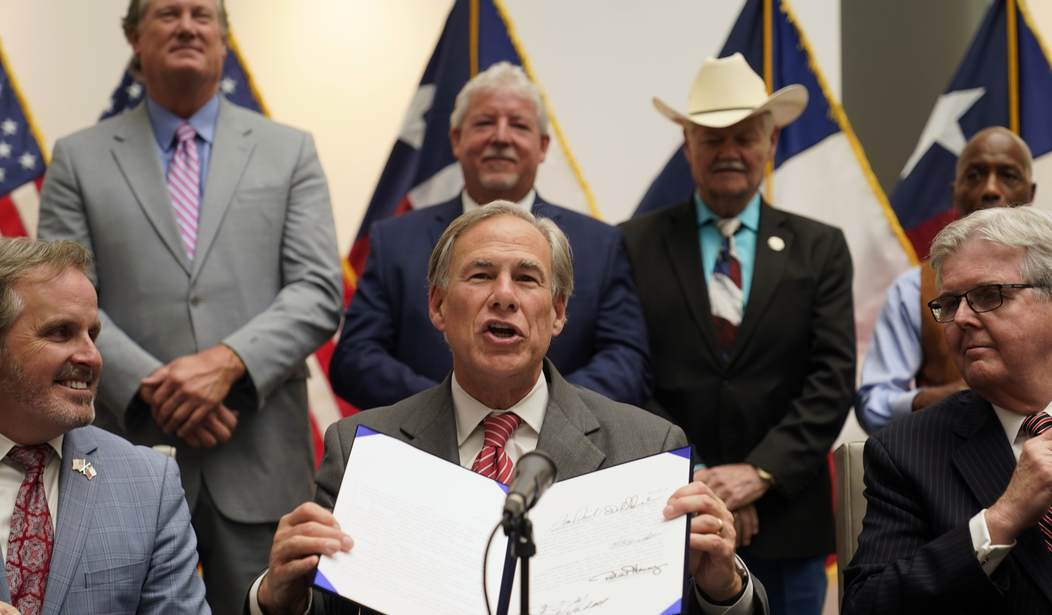Texas Gov. Greg Abbott signed a bill into law on Friday placing restrictions on abortion-inducing drugs statewide. This move comes weeks after another piece of abortion legislation, S.B. 8, took effect, banning abortions in the state after fetal heartbeat detection.
The impending law, S.B. 4, will take effect in December. The law “prohibit[s] a person from providing an abortion-inducing drug to a pregnant woman without satisfying the applicable informed consent requirements for abortions and to require a physician who provides such a drug to comply with the applicable physician reporting requirements regarding abortions.” The law creates a state jail felony offense for individuals who knowingly violate provisions regarding abortion-inducing drugs.
“Senate Bill 4 extends abortion complication reporting requirements to apply to complications resulting from induced abortions,” the bill reads. “The bill prohibits a manufacturer, supplier, physician, or any other person from providing a patient with any abortion-inducing drug by courier, delivery, or mail service and requires a physician, before providing an abortion-inducing drug, to take certain actions.” Some of these actions include mandatory in-person examinations before administering the abortion-inducing drugs and a mandatory follow-up visit within 14 days after the drugs are administered.
South Dakota Gov. Kristi Noem issued an Executive Order this month placing similar restrictions on “telemedicine abortions” in the state. The Order requires women seeking abortion-inducing drugs to be examined in-person beforehand and does not allow abortion-inducing drugs to be sent via mail. “What the Biden administration is doing is trying to put forward abortion on demand. And we’re going to stop them and make sure that that’s not available in our state,” Noem said in an interview on Fox News.
Recommended
However, Texas’ S.B. 8, which took effect on Sept. 1, outlawed abortion statewide once fetal cardiac activity is detected and has been the target of the Biden administration since. The law also allows private citizens to pursue legal action against anyone who provides an illegal abortion or abets a woman seeking an illegal abortion in the state. Individuals who successfully bring lawsuits under S.B. 8 can be rewarded up to $10,000. Currently, the Department of Justice (DOJ) is pursuing a federal lawsuit against S.B. 8.

























Join the conversation as a VIP Member